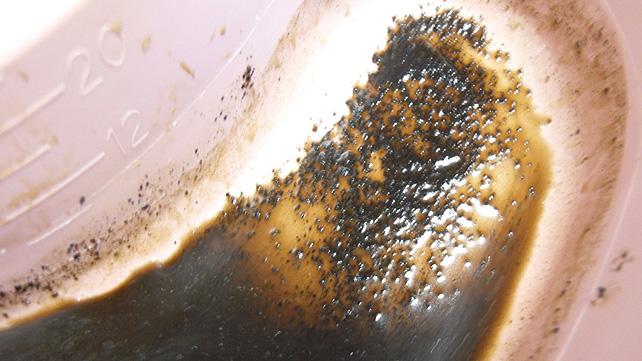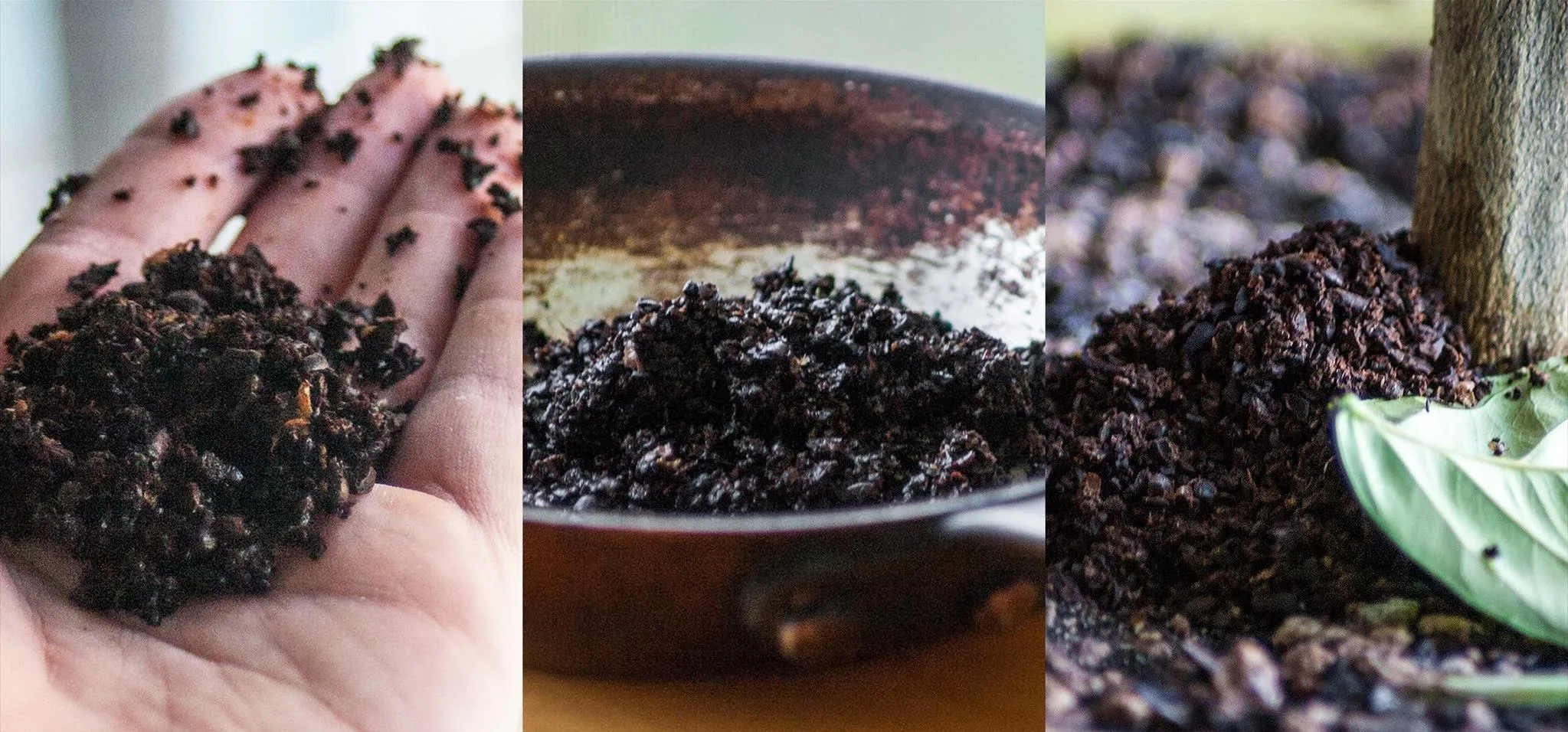Is It Safe to Dump Coffee Grounds Down the Sink? - Discover Potential Issues
Is It Safe to Dump Coffee Grounds Down the Sink? - Discover Potential Issues
Blog Article
We've uncovered this great article on Can Coffee Grounds Go Down the Drain or Sink? below on the internet and accepted it made sense to write about it with you on this page.

If you're a devoted coffee drinker, you could be wondering about the very best way to take care of your coffee premises. While it may seem convenient to wash them down the sink, this practice can bring about a number of issues for both your plumbing and the environment. In this short article, we'll check out whether it's risk-free to place coffee premises down the sink and review different disposal methods to consider.
Alternatives to Disposing of Coffee Grounds
Garbage Disposal
If you do not have a composting arrangement, one more choice is to merely throw your coffee grounds in the trash. Make certain to seal them in a compostable bag or container to prevent odors and leakage. While this technique does not provide the very same environmental benefits as composting, it's a secure and convenient method to take care of coffee grounds.
Composting
One green option for taking care of coffee grounds is to compost them. Coffee premises are abundant in nitrogen, making them an outstanding enhancement to compost heap or bins. As they break down, they include nutrients to the dirt, improving its fertility and texture.
Dangers of Putting Coffee Grounds Down the Sink
Plumbing Issues
Among the key concerns with throwing away coffee premises down the sink is the risk of clogging your pipes. Coffee grounds do not liquify in water and can gather over time, developing a thick sludge that can block drains and cause pricey plumbing repairs.
Environmental Impact
Beyond the prospective damage to your plumbing, putting coffee premises down the sink can likewise harm the environment. When washed into the sewage system, coffee grounds can contribute to obstructions in drain lines and therapy centers. Furthermore, the high focus of raw material in coffee premises can diminish oxygen degrees in rivers, adversely influencing marine life.
Tips for Proper Disposal
Normal Maintenance
No matter just how you pick to take care of your coffee premises, it's essential to maintain your plumbing routinely. Schedule periodic drain cleansings to get rid of any kind of accumulation and make sure that your pipes stay clear and free-flowing.
Use a Sink Strainer
To avoid coffee grounds from entering your sink's drain to begin with, take into consideration making use of a sink filter. These economical gadgets trap strong fragments, consisting of coffee grounds, avoiding them from triggering blockages.
Conclusion
While it may be tempting to clean coffee grounds down the sink for comfort, doing so can have severe effects for your plumbing and the atmosphere. Instead, take into consideration composting your coffee premises or dealing with them in the trash. By taking on accountable disposal methods, you can appreciate your coffee guilt-free while minimizing your eco-friendly impact.
Coffee Grounds Down The Drain: Are They OK?
Can Coffee Grounds Go Down the Sink?
You may be thinking, “But I pour them down the sink drain every day and I’ve never had a clogged drain!” You see, coffee grounds come from coffee beans, which are virtually rock hard by the time they’re ground and brewed. You certainly wouldn’t want to grind up the pit from a peach, apricot, or nectarine that is about just as hard because they wouldn’t break down like other foods, and it’s the same with coffee beans!
If you usually grind coffee beans in the garbage disposal because it seems the cleanest and convenient, we don’t fault you for that. And anyone who has ever had to clean up the trash with spilled coffee grounds after a dog got into it would understand the rationale. Unfortunately, coffee grounds do not break down in water, so instead of grinding up and washing away as normal foods do in a garbage disposal, they clump together and as time goes by, the grounds can form a clump and pack the drain until it develops a clog.
What to Do With Coffee Grounds
So, what do you do with coffee grounds if you can't put them down the drain? You could of course just throw them in the garbage, but we encourage you to give these practical uses for them a try!
Since coffee grounds contain key minerals for plant growth, you can use them to fertilize your garden. Coffee grounds not only fertilize gardens because they are mineral-rich, but they are also great at absorbing contaminants in the soil, particularly heavy metals. Coffee grounds are said to attract worms, which help gardens flourish. You can use coffee grounds as fertilizer by sprinkling them around your plants. You can compost your coffee grounds and use them at a later time. Coffee grounds are great insect repellents when you place them in bowls or sprinkle them around the areas you want to repel insects. To remove fleas from your dog or cat, simply shampoo your pet then rub coffee grounds throughout their fur. Rinse them off and dry as usual. Like baking soda, used coffee grounds can eliminate odors. You can place them in a bowl in the fridge and let them do the work! Mix coffee grounds with coconut oil for a wonderful face or body scrub, or to reduce the appearance of cellulite. https://www.wintershomeservices.com/blog/2019/august/coffee-grounds-down-the-drain-are-they-ok-/

Do you appreciate more info about Can You Put Coffee Grounds in the Sink Garbage Disposal?? Give a remark down the page. We will be delighted to hear your thinking about this content. Hoping that you come back again before long. Sharing is good. You won't know, you may very well be doing someone a favor. Bless you for your time. Please check up our blog back soon.
Make An Appointment Report this page